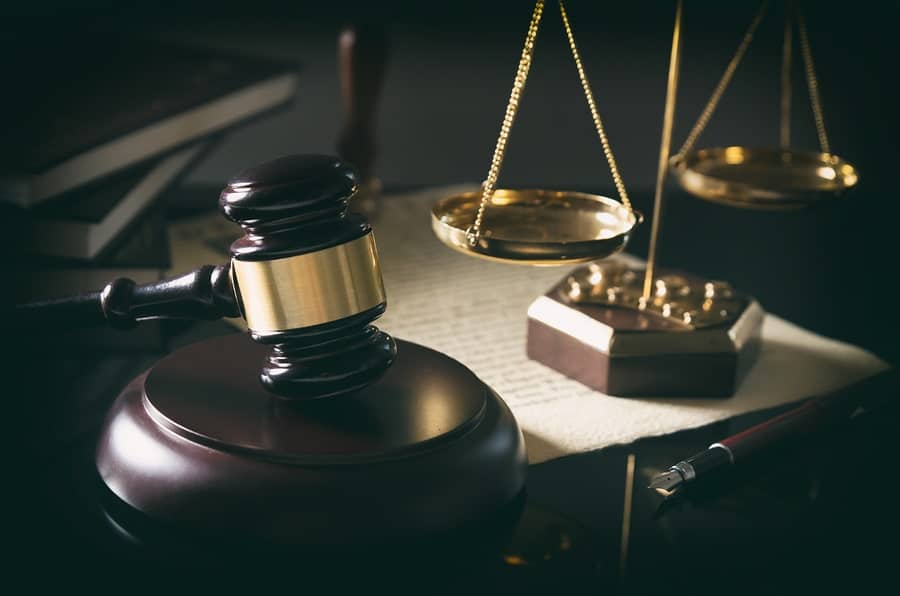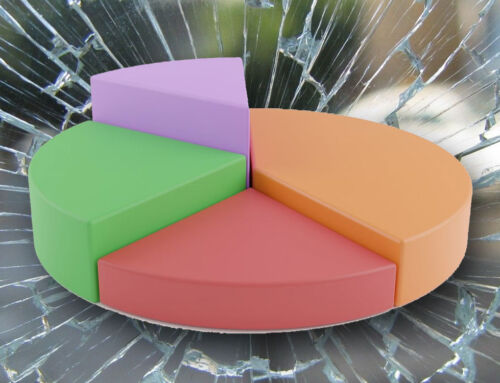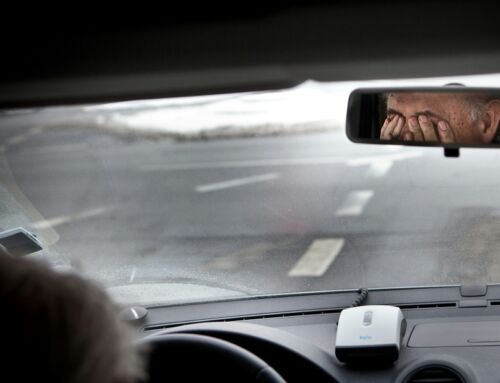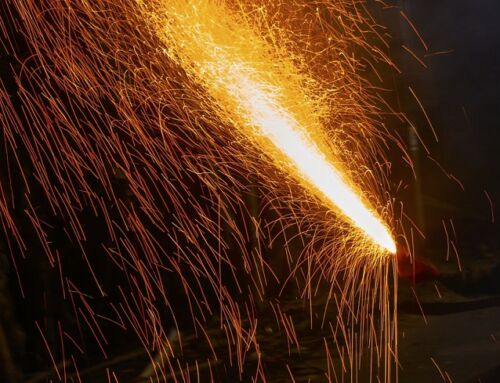At trial for a car accident case the Plaintiff (the one hurt who brings the lawsuit) must be able to prove their damages, “more likely than not,” to a Jury. One may wonder how this comes into play when proving their injuries were caused by the crash and their treatment was both necessary and related.
Per Indian Rule of Evidence 702, the Plaintiff and their attorney usually must hire an “Expert Witness” to explain to the jury complex issues such as medical causation and the extent of an injury (i.e. John Doe’s injuries were caused by his crash, his treatment was related to the crash and was medically necessary, he may need XYZ treatment in the future).
Specifically, Rule 702 states: “(a) A witness who is qualified as an expert by knowledge, skill, experience, training, or education may testify in the form of an opinion or otherwise if the expert’s scientific, technical, or other specialized knowledge will help the trier of fact to understand the evidence or to determine a fact in issue. (b) Expert scientific testimony is admissible only if the court is satisfied that the expert testimony rests upon reliable scientific principles.”
So, now we know you usually need an “expert witness” to talk about the relatedness of your injuries and reasonableness of the treatment you received, but who qualifies as an expert for these issues?
Who Qualifies as An Expert For Causation of Injuries and Reasonableness of Treatment?
Well, there are three types of individuals Plaintiffs often attempt to use to testify as to the relatedness of their injuries to the crash and the reasonableness of their treatment. Those are Doctors (MDs or DOs), nurses, and chiropractors. So who can testify?
Doctors?
The short answer is yes. A doctor is the most common expert used to talk about these issues and courts universally agree that they’re qualified to do so.
Nurses?
A nurse is also allowable in certain circumstances depending on the complexity of the issue. The Court in Curts v Miller’s Health Systems, Inc delved into the issue of a nurse as an Expert Witness, ultimately finding in that case that a nurse could be used:
“In the cases discussed… the medical causation issues were rather complex. In Nasser, the question was whether the hospital’s failure to respond to a patient’s calls and the patient’s having delivered two stillborn fetuses in her hospital bed caused her severe emotional distress such that medical care and medication were required. In Clarian Health Partners, Inc., the question was whether a complication during open heart surgery caused the patient’s leg damage and deformity. Similarly, in Long, the issue was whether missteps during and/or after open heart surgery caused a staph infection. In Stryczek, the question was whether a more timely diagnosis was possible and whether the alleged untimely diagnosis caused cardiac damage. In cases such as these, having sufficient expertise to qualify as an expert witness for the purpose of opining on medical causation or medical standards of care would likely require more experience and understanding than that of even a highly-experienced nurse. However, the case before us asks whether a nursing home failed to meet its standard of care and whether injuries from Dorothy’s fall caused her death approximately twenty-four hours later. In a scenario such as this, we cannot foreclose the possibility that some nurses have sufficient expertise to qualify as an expert witness.” Curts v. Miller’s Health Sys., Inc., 972 N.E.2d 966, 970–71 (Ind. Ct. App. 2012) (Emphasis added).
So nurses can testify as to relatedness and reasonableness of treatment so long as the facts surrounding the case aren’t too complicated.
Chiropractors?
The Court in Faulkner v Markkay of Indiana, Inc., found a Chiropractor could not be used in a case involving injuries from a slip and fall:
“[C]hiropractors are generally not qualified to serve as experts in cases involving physicians. They do not have the same education, training or experience, all of which are generally necessary to render an opinion of benefit to a jury. 663 N.E.2d 798, 801 (Ind. Ct. App. 1996).
What if I Don’t Have A Nurse or a Doctor to Testify On My Behald?
As was hinted at above, an expert is usually needed to discuss one’s injuries and relatedness of the injuries and treatment to an incident, but not always. Indiana Courts have looked at more simple injuries and found that an Expert Witness may not be needed.
“When an injury is objective in nature, the plaintiff in a negligence action is competent to testify as to the injury and such testimony may be sufficient for the jury to render a verdict without expert medical testimony; however, a causal connection between a permanent condition, an injury, and a preexisting affliction or condition is a complicated medical question, and expert testimony is needed because a layperson is unable to understand causation in those circumstances.” Martin v. Ramos, 120 N.E.3d 244 (Ind. Ct. App. 2019) (Emphasis added).
So, you were injured in a car crash. Will your attorney need to hire an Expert Witness to testify about your injuries and treatment? If so, who? The answer is it depends on how complex and severe the injuries are. Talk to your lawyer about these questions.





